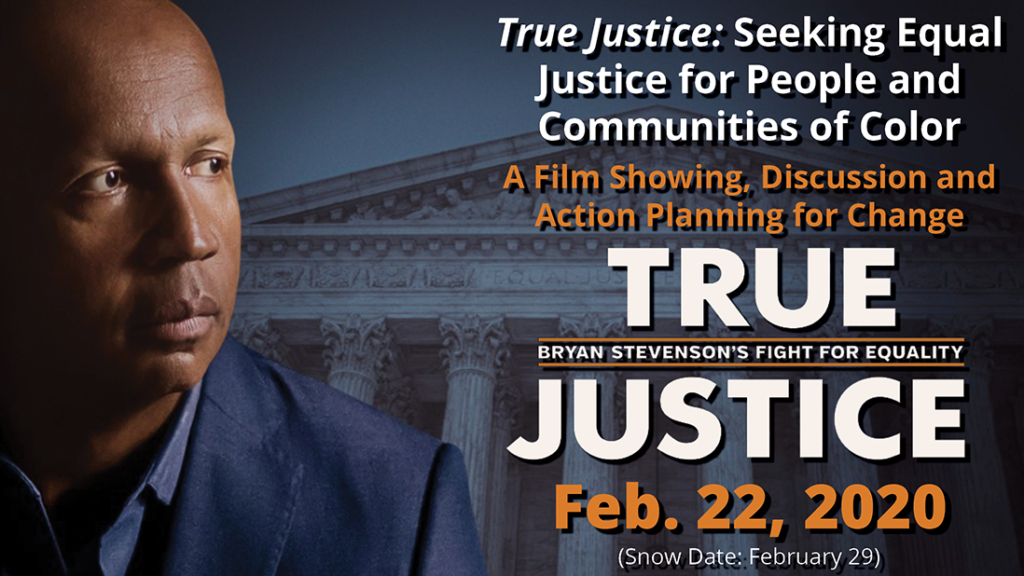
By Bishop Peggy A. Johnson
Many have heard of second-mile giving. That is the kind of giving that happens when people stretch and give beyond their means or beyond what is expected (which is their “first-mile” gift). But what about the “third-mile giving?” That is when you do what may seem near impossible; and thus, you become a change agent in this world.
Am I talking about money here? No! I am talking about prison ministry! Jesus calls us all into prison ministry in Matthew 25:36: “I was in prison and you visited me.” And in Luke 4:18: “Proclaim liberty to the captives.” Let’s look at first, second and third-mile giving through prison and restorative justice ministry.
First mile
First-mile prison ministry happens when people go to a prison or local detention center and minister to the inmates in various of ways. Sometimes that means teaching a Bible study or a “Restorative Justice” class. Or reaching out to support the families of inmates who suffer from the incarceration of their loved ones.
In addition, some who are familiar with the lifechanging Emmaus Walk retreat experience bring a version of that weekend retreat, known as Kairos, into prisons. People also can send Christmas cards to inmates, even if they don’t know them personally.
Our Prison Ministry and Restorative Justice Ministry collected over 5,000 Christmas cards in November, signed by church members and others, and delivered them to correctional institutions in our region in time for Christmas. It’s a popular, easily accessible yet impactful outreach ministry we’ve done since 2015, and other conferences have been inspired to replicate it.
One of our churches visits a women’s detention center at Christmas time every year, bringing chocolate bars and socks to every woman’s cell. These are important, “first-mile” kinds of prison ministries that respond to Christ’s call and show unconditional love and grace to incarcerated sisters and brothers.
Second mile
Second-mile prison ministry happens when we help released inmates who finish serving their sentences and reenter the community. Most need help adjusting to a new life outside and finding resources, relationships and opportunities that can help them move forward rather than backward. That help is often hard to find.
It is exceedingly more difficult to get people to volunteer to support newly released ex-offenders. There are often no services available, and some have no family system to fall back on. Very few employers will hire these returning citizens for a job. Dire poverty and frustration with a lack of choices can set in quickly.
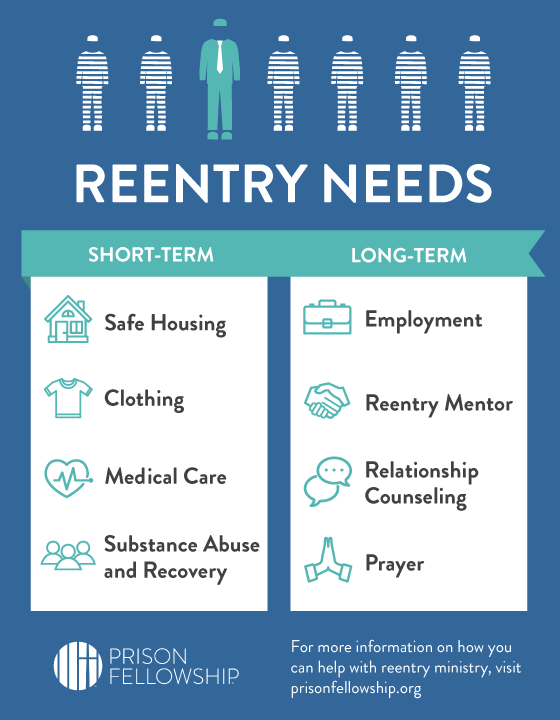
Second-mile prison and restorative justice ministry helps provide for the needs of those who have been released by offering them help with finances, employment, housing, transportation, and other basic needs. A huge part of this ministry is to offer friendship and hospitality.
Many times, when someone reveals they have been in prison, the fear factor sets in for others, and they can be rejected and ostracized. If compassionate Christians can offer them genuine second-mile support and friendship, it can make all the difference in the world for their survival and success.
Third Mile
Third-mile prison ministry is the most difficult of all. It is ministry that advocates for prison reform, fairness and equal justice. It speaks truth to power about unsafe conditions in jails and prisons, about sentencing disparities, and about inequities in a justice system that mistreats people of color, people with disabilities and people who are poor.
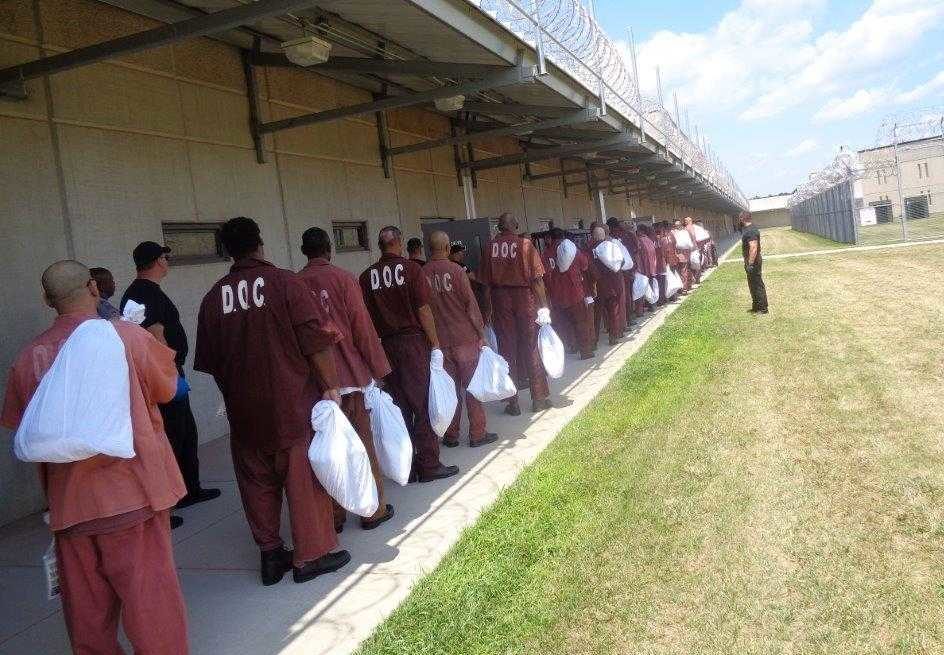
I have seen for myself during visits to the new State Correctional Institution-Phoenix how many more people of color are there than Caucasian people. I have interacted with Deaf inmates who shared with me that they did not have adequate communication services when they were on trial for their charges.
I have observed how the ethnicity, wealth and gender of a victim influences the number of years that a convicted perpetrator receives as a prison sentence. It is an undeniable fact that people of color are more often sentenced to death, and many death sentences have been given without the full benefit of legal due process.
Moreover, many people of color spend many months in jail awaiting trial because they don’t have the high cash bail amounts charged. And many are pressured to accept onerous plea agreements, even when they may be innocent.
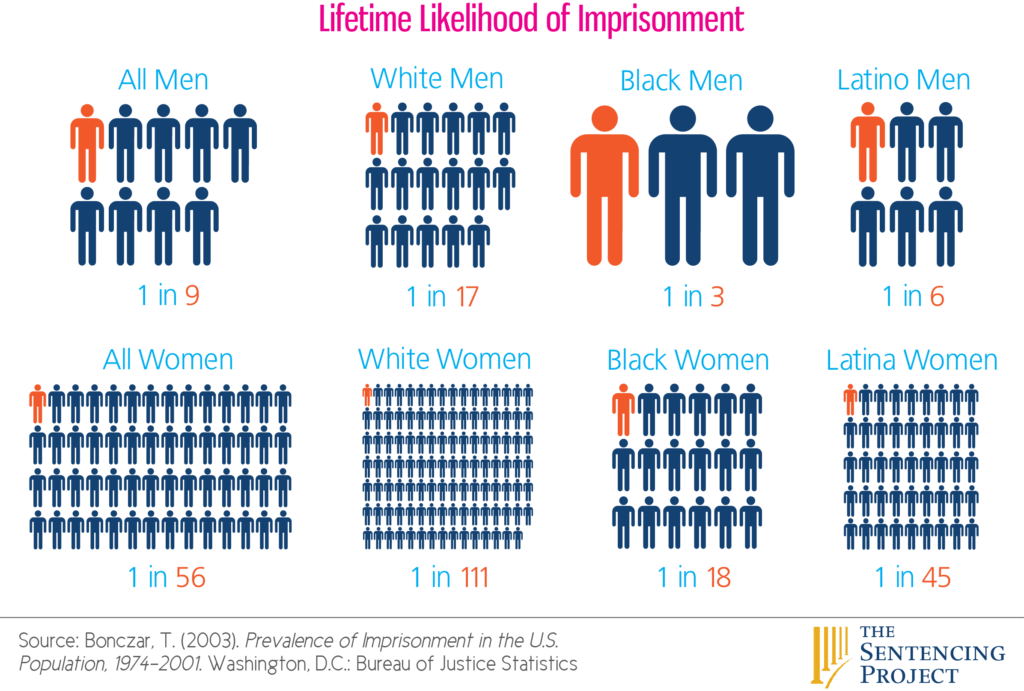
Speaking out against injustice—especially racial injustice—in our criminal justice system is hard, complicated work. It is not for the faint-hearted! The pushback is swift and fierce because, while there is a need for justice, many in the legal system and prison industrial complex depend economically on mass incarceration.
It is easier to blame and demonize inmates—many of whom are imprisoned inequitably on drug-related crimes—than to change a system that benefits financially by increasing the number of people who are locked up.
How to learn and do more
The Eastern PA Annual Conference and partners are blessed to have an opportunity to learn more about these dire realities and how we can best respond through opportunities for “third mile” prison ministry. Our event “True Justice: Seeking Equal Justice for People and Communities of Color” will open many eyes, ears, minds and hopefully hearts that gather on Saturday, February 22, at Cedarville UMC in Pottstown, PA, from 9 AM to 3 PM.
We will watch “True Justice,” a compelling HBO documentary about the life and work of Bryan Stevenson, public defense attorney and founder of the Equal Justice Initiative of Montgomery, Alabama. The new dramatic film “Just Mercy,” currently showing in theatres, tells a small part of Stevenson’s story, based on his book Just Mercy, which is recommended reading.
But the “True Justice” documentary describes his sacrificial legal efforts—the tough wins and losses, and the ongoing crusade—in more dynamic detail. It also teaches us much about the oppressive, tradition-bound, and yes, deeply racist system that makes this hard work of third-mile ministry necessary.
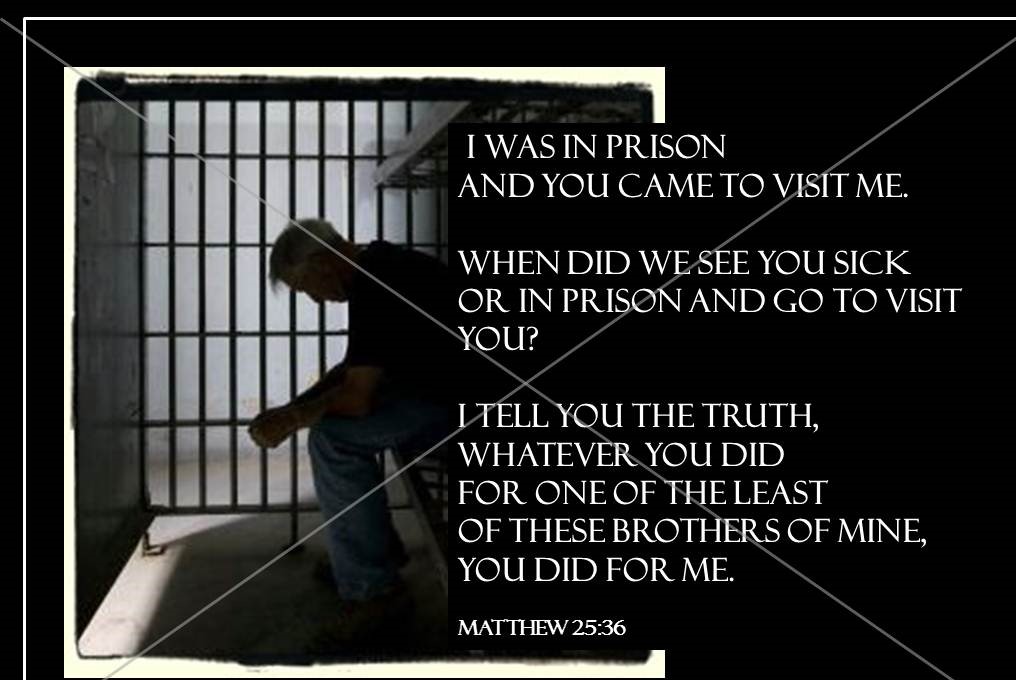
Please come join me in experiencing this powerful film, as well as the revealing panel discussion and action-oriented workshops that will follow. Learn how you and your church can work with others to make an action plan for change.
“Lord, when did we see you sick or in prison and go to visit you?” asked the righteous ones (Matthew 25:39). Let those who have eyes to see and hearts to feel come to Cedarville UMC on February 22. Come prepared to hear the voice of Jesus Christ calling you to make a needed difference in this world, especially for “the least of these.”
Come experience “True Justice: Seeking Equal Justice for People and Communities of Color”
Join our conference’s Prison Ministry & Restorative Justice Team and Commission on Religion & Race, as they cosponsor this important event (aided by Church & Society funding) on Saturday, Feb. 22, from 9 AM to 3 PM, at Cedarville UMC , 1092 Laurelwood Rd, Pottstown, PA. Cost: only $10. Breakfast and lunch are included. CEUs certification requested.
Register online now! The registration deadline has been extended to Feb. 17. Don’t miss this unforgettable experience! Click here to view and download the flyer! Visit and share our special event webpage .
